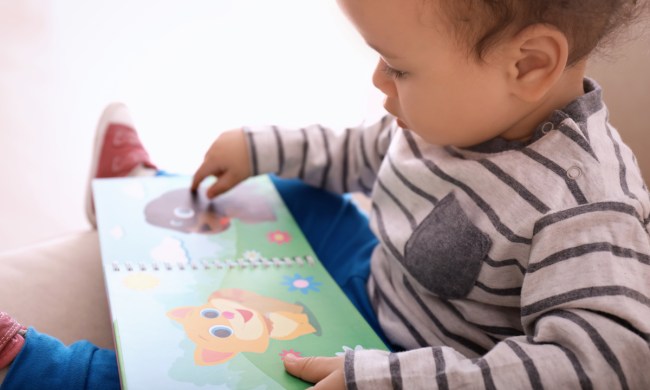Social media is a revolutionary tool that helps people from all over the world and from all walks of life connect and share information. On the darker side, social media can lead to bullying, poor mental health, and idleness. Social media is always changing, so it’s important that we teach teens some ways to protect themselves and stay safe. Let’s talk about social media’s pros and cons – its many effects upon teens, specifically.
- Pro: They can stay connected with friends at all times
- Con: Cyberbullying is common
- Pro: Teens have access to endless information
- Con: Social media can encourage idle, unproductive scrolling
- Pro: Social media can help them express personalities, feelings, and creative talents
- Con: Social media can contribute to poor mental health
Pro: They can stay connected with friends at all times

Social media is a wonderful way for teens to stay in touch with their friends even when they’re out of school. They may just be sharing funny memes or silly viral videos, but during the school year they could be exchanging vital information about school projects.
Additionally, if your family has recently moved away, social media can help your teen adjust to their new home by still talking to their old friends online. With so many different platforms, there are endless ways to connect with friends new and old.
Con: Cyberbullying is common
Online bullying is the top reason why social media is dangerous for teens. In 2016, the Centers for Disease Control and Prevention published a report on social media use among teens and found that more than 15% of high school kids, on average, experienced some type of cyberbullying. The majority of teens visit social media at least once a day and have constant access to these platforms on their smartphones.
Teens who are in the LGBTQ community, teens who may look physically different, and teens who identify as female are more commonly targeted than their peers. Young adults are more prone to take harmful comments seriously, as developing brains and unstable hormones can magnify their emotions.
Pro: Teens have access to endless information
All social media platforms have infinite accounts that focus on interesting and educational content. This ranges from travel accounts to financial literacy tips to daily intellectual discussion posts. Even if your teen is following seemingly random pages and accounts, they might be learning invaluable information that’s not taught in their classroom.
Some tutoring accounts also offer free consultations and questions. So-called influencers in educational fields are more than happy to share their knowledge free of charge.
Con: Social media can encourage idle, unproductive scrolling

When your teen is spending copious amounts of time on social media consuming useless content, it could be damaging their productivity. Mindless scrolling not only wastes time, it also affects concentration skills. Social media, at its worst, can impact your teen’s attention span, which translates to their decreased attention span in class and in life. Also, excessive social media time can negatively impact physical health.
Pro: Social media can help them express personalities, feelings, and creative talents

If your teen is particularly shy in person but shines on social media, this is a great way for them to express their individuality. They may have a creative hobby that they share with the world, like animated videos, cooking tutorials, or typography art.
Social media can also help connect them with people who share the same hobby, which not only broadens their circle but can provide them with a professional network to tap into if they decide to pursue these creative talents.
Con: Social media can contribute to poor mental health

Social media can also affect teens’ mental health. This includes self-esteem issues, anxiety, and depression. Teens who spend several hours a day on social media are more likely to be diagnosed with depression and feel more anxious than their peers who spend a minimal amount of time looking at their screen.
This anxiety can stem from poor self-image issues, bullying, loneliness, and the need to be liked. This is particularly common on photo-sharing platforms like Instagram where teens might measure their self-worth by how many likes they get on a photo. Parents should be especially vigilant looking for signs of mental health issues in teens due to social media use.
When used carefully, social media helps teens learn, connect, and blossom. Some important guidelines are limiting your teen’s screen time, helping them monitor their accounts for cyberbullying, and reminding them that social media highlights the best in people’s lives, so they shouldn’t compare themselves to seemingly perfect influencers. We can instill these precautions in teens to help them use social media in the best way possible.


